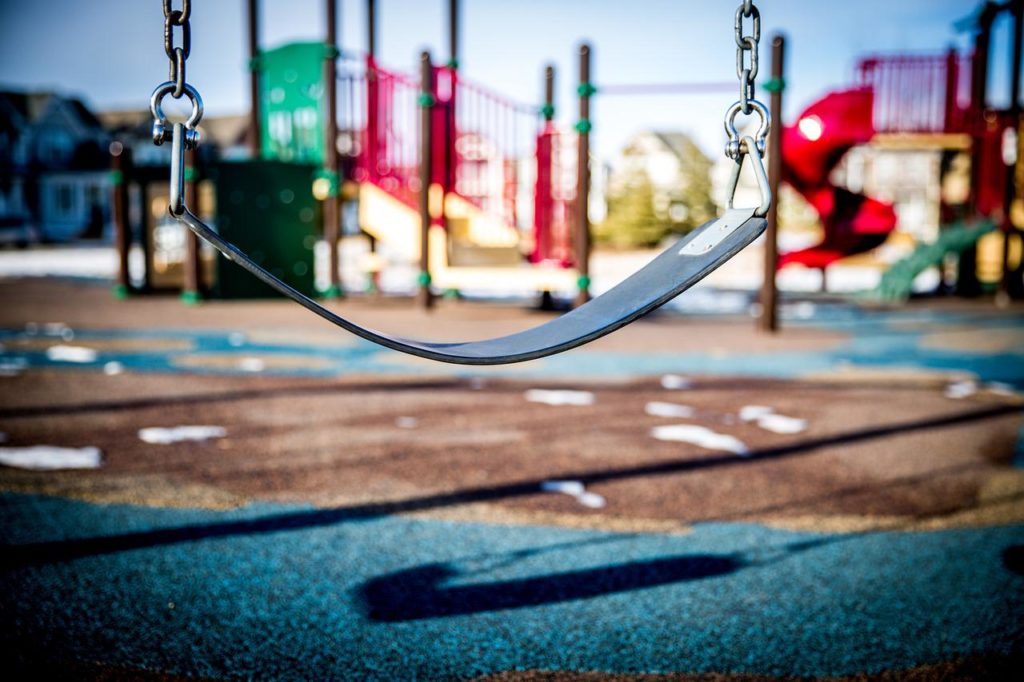Dr Jo Albin-Clark

I recently saw an art exhibition with Mark Titchener that got me thinking about how far young children are free to determine their own actions.
Previously my research interests have been about how teachers observe playful learning (Albin-Clark, 2021, 2022) and develop critical awareness about children as holders of rights (Albin-Clark and Archer, 2021).
This year I have started to work with a colleague, the children’s rights scholar Professor Carol Robinson in the research network Children’s Rights and Wellbeing. After Covid-19 lockdowns, it is particularly urgent that children understand their rights to voice concerns when they have felt insecure (Robinson, 2021).
Teachers act as gatekeepers to children accessing their entitlement to the United Nations Convention on the Rights of the Child (UNCRC). One article pertinent to teachers of young children is Article 31, ‘the right to play’. In play, children make decisions about who, what, where and how their experience takes place (Albin-Clark, 2022).
I know that teachers value the opportunity to consider how play is related to teaching, so much so that a current student on my Master of Arts (MA) module ‘The power of playful pedagogies’, made me stop in my tracks. She named her recent submission: Why is play a forbidden word?
In schooling, teachers can feel tension between their own personal ethos and the prevailing policy environment. But, in this area the answer may be a simple one; that teachers can not only say the word ‘play’ but also protect pockets of time and space where they can let children play (Sahlberg and Doyle, 2019).
Also, teachers, students and researchers have a role in protecting children’s access to their right to play and have their voices heard (Robinson, Quennerstedt and Phillips, 2018).
Circling back to Mark Titchener’s provocation, it matters now more than ever that children, including young children, can determine their own actions. It seems to me that a rather brilliant way of children determining their own actions and expressing themselves within a learning environment is through play.
Dr Jo Albin-Clark is Senior Lecturer in Early Years Education at Edge Hill University.
Image by LaterJay Photography from Pixabay
